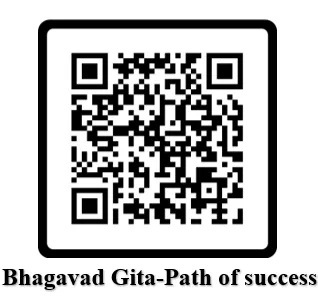Free of greed
He sent three copies of inland letters via registered post. One to Vijaylaxmi (his sister), one to Shukla and one to Nekse Pandey, his own neighbour who lived in the same area. He sent three letters stating, ‘I don’t want any property of the laukik father (worldly father), I have been adopted by the alaukik father.’ He said to his sister, ‘Take care of the house and father’s remaining bank-balance. I don’t want anything. Whether I receive two chapattis or good food, it is fine with me. Whether I get good clothes or a mere loin-cloth, it is fine with me. Whether I receive a palace, a hut made of straws or not even that, the sky will serve as cover and the earth as bedding; that too is fine with me.


















